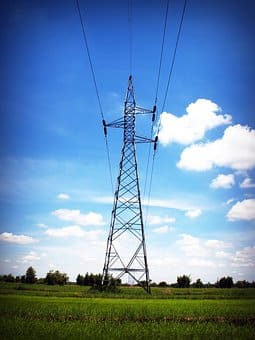Community Choice Aggregators Seek Equitable Cost Allocation in PG&E’s Rate Case

Pacific Gas and Electric Company’s proposed allocation of customer service-related costs in its rate case for the 2020-2022 period fails to reflect the cost differentials between bundled and unbundled electric distribution customers, according to a group of community choice aggregators operating in the utility’s territory.
The differentials have become important with the advent of community choice aggregation and direct access formation in California, resulting in many customers seeking unbundling of services, the CCAs said. Bundled customers receive traditional integrated service including the use of transmission, distribution, and power supply from the utility, whereas unbundled customers receive only certain distribution-related services. Although PG&E says that unbundled customers now outnumber bundled customers, its cost allocation methods are not in accordance with the dramatic shift in the business environment, the group noted.
Because a majority of electric customers have not been receiving generation service from PG&E this year, the CCAs said that the company’s historical allocation practices must be modified to reflect the service differentials. The group made recommendations to fairly consider the differentials, saying that if the changes to the allocation methodologies are not adopted, cost recovery will be inequitable, causing unbundled customers to pay for service they do not receive.
The recommended changes would raise the electric generation revenue requirement by about $70.8 million. The modifications would lower electric and gas distribution revenue requirements by about $80.2 million and $9.3 million, respectively.
The currently proposed three-function revenue requirement for electric generation, electric distribution, and gas distribution does not allow for a sub-functionalization of costs within electric distribution to recover costs specifically from bundled and unbundled customers.
EnerKnol Pulses like this one are powered by the EnerKnol Platform—the first comprehensive database for real-time energy policy tracking. Sign up for a free trial below for access to key regulatory data and deep industry insights across the energy spectrum.
ACCESS FREE TRIAL